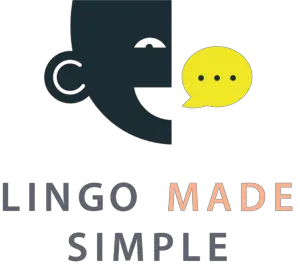Each person expresses thoughts in unique ways. One option that the English language offers is called a contraction. A contraction means “to shorten.” You’re combining two or more words into one more straightforward expression. Approximately 90 regular contractions are currently part of the English language and about 50 double contractions […]
English
Have a Nice Weekend or Have a Nice Weekends?
When do we pluralize nouns in the English language? Although most singular nouns are made plural by adding an “s” at the end of the word, several different rules apply to complicate matters. Irregular nouns don’t follow the same rules, which means they require memorization or reference materials for when […]
Years’ or Year’s or Years – What’s the Difference?
One unique component of the English language is its use of apostrophes. You might call them the “commas of the sky.” When you use an apostrophe with a word, the goal is to create the communication of possession or make a contraction out of two or more words. That means […]
“Thanks for Sharing” or “Thanks for Share” Which Is Correct?
One of the unique aspects of the English language involves the difference between purpose and activity. Although the same root word is often used for both descriptions, it gets slightly modified to indicate to the listener or reader what happened during the exchange. When looking at the sharing vs. share […]
What Is the Difference Between “Man” and “Men”?
Gender is a grammatical term. It’s meant to describe a range of different characteristics that pertain to or differentiate between masculinity and femininity. Depending on the context used for these descriptions, options like “man” and “men:” are used to describe everything from sex-based social structures to biological sex. It is […]
The Difference Between “Thank Y’all” and “Thank You All”?
When you want to express thanks to multiple people, you might say something like, “Thank you, everyone.” You could say something else, such as, “I appreciate you all.” Another form of American and African expressionism is to use contractions in unexpected and unique ways. Instead of saying “you all” to […]
The Difference Between “I Miss You” and “I Missed You”?
One of the first choices that many young writers face when composing novels or short stories is to select the tense they prefer. You only have two viable options in most situations. The story can get written in the present or the past tense. Although future tense is technically possible, […]
Difference Between “What Is It Called?” and “How Is It Called?”
The question to ask when you want to know something with a deeper understanding usually starts with “how” or “what” in the English language. This structure is different from most European languages because they typically focus on “how” alone. That’s why it can be challenging to distinguish the difference between […]
“It Worths It”, “It Worth It”, or “It Is Worth It”?
The word “worth” is defined as an adjective that “is equivalent in value to the sum or an item specified” in the sentence or paragraph. When you say that a house is worth $350,000, you’re using it as a descriptor to discuss how much value that property has to buyers […]
Difference Between “I Liked It” and “I Have Liked It”
The English language can get a little tricky when trying to describe events in different circumstances. One of the best examples of this structure involves the word “like.” If I “like” something, it means that feeling or reaction happens right now. It is an event that describes the present moment. […]










